Written by Kelly Chen, Education & Curriculum Development Intern
Thinking about starting your own organic produce garden? Healthy soil is the foundation for a bountiful and thriving garden. To make sure your garden has the best soil, we have compiled this guide on how to prepare the best organic soil just for you! There are many components to soil that you can optimize to create the most fertile soil for your yummy produce!
Soil Composition:
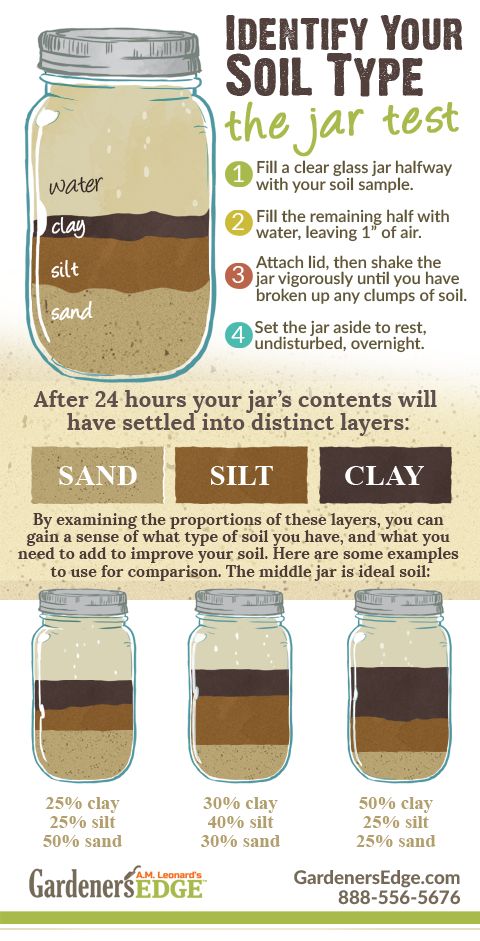
The composition of the soil will determine how successful your garden will be. Soil can be composed of clay, sand, or silt. The composition of your soil determines how much space in the soil there is and how well your soils will hold nutrients, air, and water. Clay soils are densely packed and stick together so it does not create enough space for nutrients or water to drain. Silty soil also has relatively small spaces between the soil which causes poor drainage and low nutrient content. Sandy soils create large porous spaces between the soil particles which cause water and nutrients to quickly drain out of the soil, leaving it nutrient poor and unable to cultivate plants. You can identify your own soil composition by placing topsoil and water into a jar and then shaking it vigorously. When the soil settles, it will create distinct levels of different soil types and you can see the composition of your soil.
Organic Matter:
To improve your soil composition and porosity, your soil needs organic matter. Organic matter is extremely important to have in your soil because it creates a porous soil structure that air and nutrients can flow through to create healthy soil. Organic matter also helps soil retain moisture which will help plants grow. Organic matter also is food for beneficial microorganisms within the soil. To increase organic matter within your soil, you can add compost, aged animal manures, cover crops, mulches or peat moss. Make sure to concentrate the organic matter in the upper layer of the soil so your plants can receive the most beneficial nutrients.
Organic Fertilizer:
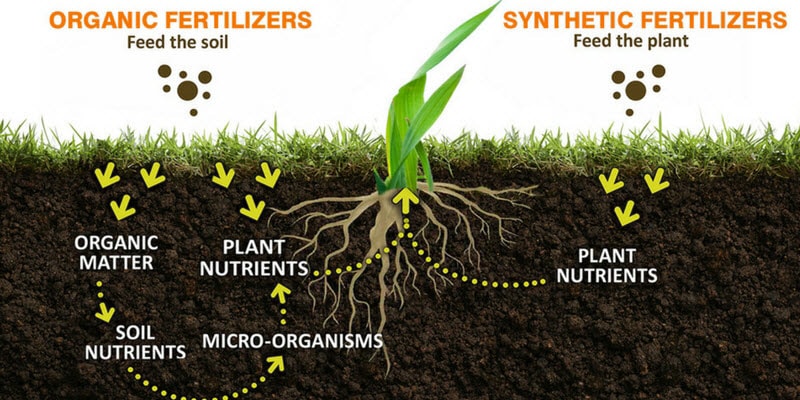
Finally, if you’d like to add fertilizer into your soil for added nutrients, make sure they are organic and not synthetic! Synthetic fertilizers harm the environment and can harm your soil in the long run. Organic fertilizers may take a longer time to work but are more beneficial to your garden! If you are interested, you can make your own organic fertilizers at home too!
Good luck and have fun gardening!
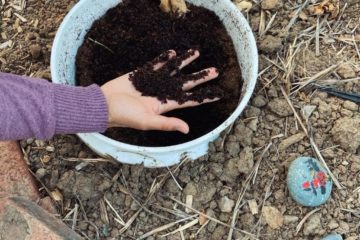
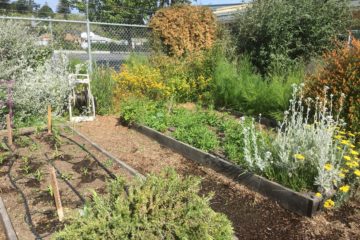
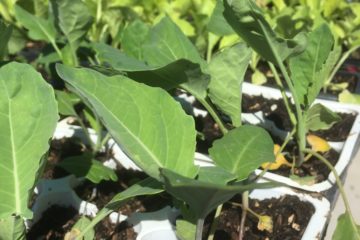
0 Comments